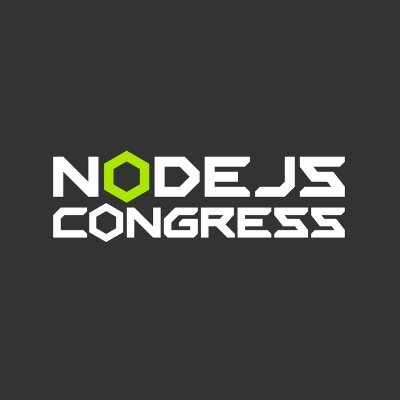Have you ever considered that when we encounter terms like observability and reliability, our initial instinct is usually to attribute them solely to SRE concerns? Yet, upon closer examination, one may realize that actually implementing observability is, in essence, more aligned with the domain of developers. After all, developers are the ones who directly implement the actual logic into our existing codebase, and who better to understand and debug their code than the developers themselves? Through this session, we will emphasize on understanding the importance of observability specifically from a developer's perspective. Let's explore some best practices that help us effectively debug the performance of our Node application and how the inclusion of open source frameworks like OpenTelemetry could be beneficial to us.
Observability Matters: Enhancing Performance of our Node Application with OpenTelemetry
Video Summary and Transcription
Yash Rajavarma introduces observability and explains its importance for developers. He discusses how OpenTelemetry can empower Node.js applications by providing easy instrumentation and management of telemetry data. OpenTelemetry simplifies the implementation of observability and is designed to benefit developers.
1. Introduction to Observability and OpenTelemetry
In this part, Yash Rajavarma introduces himself and his passion for observability. He explains the importance of observability for developers and how OpenTelemetry can empower a Node.js application. OpenTelemetry is a framework that allows for easy instrumentation and management of telemetry data, including traces, metrics, and logs. It provides automatic instrumentation and supports various formats for exporting data. OpenTelemetry simplifies the process of implementing observability and is designed to benefit developers.
Hi everyone, I'm Yash Rajavarma. I work as a computing researcher at the University of Calgary, where I mostly work with distributed systems and I'm very much passionate about the field of observability.
In the past couple of months, I have been involved in a project called OpenTelemetry, and in this talk, I will be talking about Node.js and OpenTelemetry. So let's get started.
In this talk, we will be answering two questions. The first one is why observability matters for a developer and how we can empower a node application with OpenTelemetry?
To answer the first question, we'll have to look back in time and understand that as our systems evolve, they become more distributed. This can be seen in modern-day applications, like an e-commerce application, where a single microservice interacts with multiple microservices within the application. Issues such as microservices not working or high latency can greatly impact the user experience. This is where observability comes in. It allows us to understand the internal state of our system by examining its output, including logs, metrics, and traces. With observability, we can efficiently debug performance issues by identifying potential bottlenecks.
However, implementing observability can be complex. The first step is instrumentation, where code changes are made to emit telemetry data. This step specifically aligns with the developer's domain. But each observability tool has its own set of rules, making it challenging if we decide to switch tools in the future. OpenTelemetry solves this problem. It's a framework that creates and manages telemetry data in a vendor-agnostic and tool-agnostic way. It provides automatic instrumentation with minimal code changes and also allows for manual instrumentation when needed. OpenTelemetry uses a collector to receive, process, and export data to various ends, supporting multiple formats like Jager and Prometheus.
Getting started with OpenTelemetry Node.js is simple, especially with the auto-instrumentation feature. OpenTelemetry is designed not just for software, but for the people, for developers like us.





















